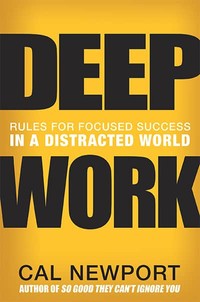Sean Parrish on “the illusion of knowledge”
“Most of consuming the news is us letting other people think for us,” he says. “Somebody else giving us an opinion that we take as our own. We forget that we get it from somebody else, somebody who's paid to come up with hundreds of opinions a year on a variety of subjects.”
[...]
“Then you go talk about this thing, but you really have no idea what you're talking about,” says Parrish. “You don't know the nuances of the law. You've never read it. You don't know the second- and third-order impact. You know what this person in this newspaper or mainstream media wrote about it. That's the extent of your knowledge. That is the illusion of knowledge.”
